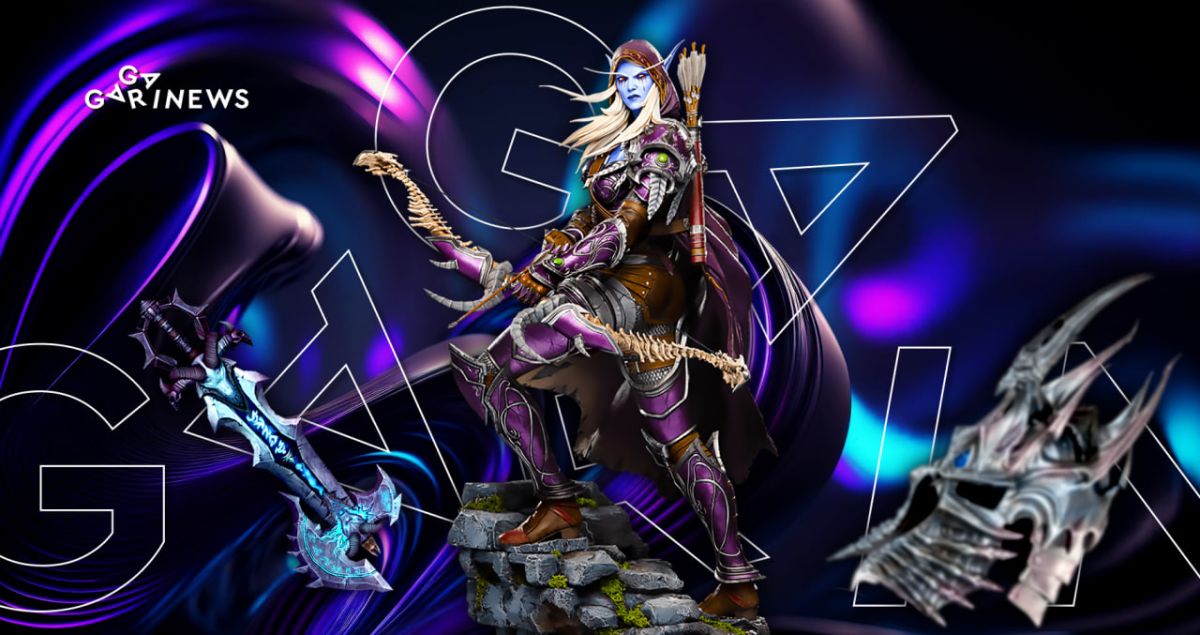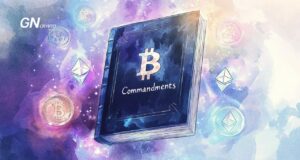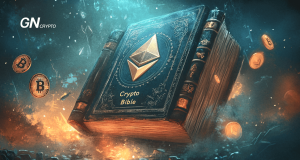Soulbound Tokens: The Ultimate Ownership Solution

Soulbound tokens represent a fresh breed of tokens, potentially ready to stake their claim in the realm of exclusive digital commodities. However, investors can relax: soulbound tokens (SBTs) are not designed for resale.
Soulbound Tokens and World of Warcraft
The dialogue surrounding soulbound tokens was first sparked by Vitalik Buterin a year ago. Known for his passion for the MMORPG game World of Warcraft, Buterin frequently draws from his personal gaming experiences in his discourse. In his blog, he discussed the unique items in WoW that are bound to a player's account, known as heirlooms or family items.
The allure of such items lies in their rarity and the challenging or potentially impossible task of acquiring them independently. The path to securing these coveted assets often involves team collaboration, group quests, or guild missions. This dynamic enlivens the mechanics of the game and injects an extra layer of competitiveness into gameplay.
Having such a rarity is a mark of honor, a signal of a devoted casual player. An account featuring characters with heirloom items can command a substantial price. In-game gold can be easily converted into fiat currency, leading many players to spend considerable time hunting for personal weapons, pets, and mounts. However, only the user account can be resold, not the item itself. These items are ‘soulbound' or tied to the player's game account. They can't be auctioned off or sent through in-game mail like typical equipment. Heirloom items can only be transferred between characters within the same account.
Buterin argued that these heirloom items bear a striking resemblance to NFTs:
NFTs in their current form have many of the same properties as rare and epic items in a massively multiplayer online game. They have social signaling value: people who have them can show them off, and there's more and more tools precisely to help users do that.
Therefore, according to Buterin, it's logical to create a new type of non-fungible token based on the principle of permanent attachment — a unique tag for personal identification. This has given rise to a new conceptual development for NFTs: the soulbound token.
Where Could Soulbound Tokens Be Utilized?
Distinct from other tokens, each NFT features a unique identifier that is stored on the blockchain, simplifying the process of verifying ownership rights and tracking transaction history.
A soulbound token is a unique, non-transferable token that plays a fundamental role in virtual authentication, and like NFTs, it's maintained in a decentralized ledger. Soulbound tokens (SBTs) cannot be sold or transferred to other users as they are “bound to the soul.” Here, the “soul” could represent a crypto wallet, an email address, or any other address that requires validation of the owner's identity.
Soulbound tokens can be employed across various digital platforms to signify achievements or special items linked to a specific user's ID (or UID). Given that these tokens are authenticated using blockchain technology, they are highly reliable and can be utilized to verify a user's accomplishments or to authenticate the ownership of a specific item.
For example, these tokens could serve as personalized certificates validating that an individual has completed specific seminars, professional development courses, or attended significant events. The Proof of Attendance Protocol (POAP) standard could be applied in such scenarios, allowing projects to issue NFTs that verify the recipient's participation in an event.
Furthermore, SBTs could serve as:
- Verification of higher education degrees
- Medical records
- Driver's licenses
- Credit score assessments
- Birth certificates
In a wider context, a soulbound token is a verification of a unique, individual identity. This is why it's a non-transferable token that carries the value of a dependable identifier.
The use of “soulbound” as a term is likely to remain prevalent within gaming communities and may not receive widespread acceptance outside this sphere. The blockchain community may come up with an alternate name for non-transferable tokens. However, at present, the crypto community uses the term Vitalik Buterin originally coined for this future token.
The content on The Coinomist is for informational purposes only and should not be interpreted as financial advice. While we strive to provide accurate and up-to-date information, we do not guarantee the accuracy, completeness, or reliability of any content. Neither we accept liability for any errors or omissions in the information provided or for any financial losses incurred as a result of relying on this information. Actions based on this content are at your own risk. Always do your own research and consult a professional. See our Terms, Privacy Policy, and Disclaimers for more details.

























